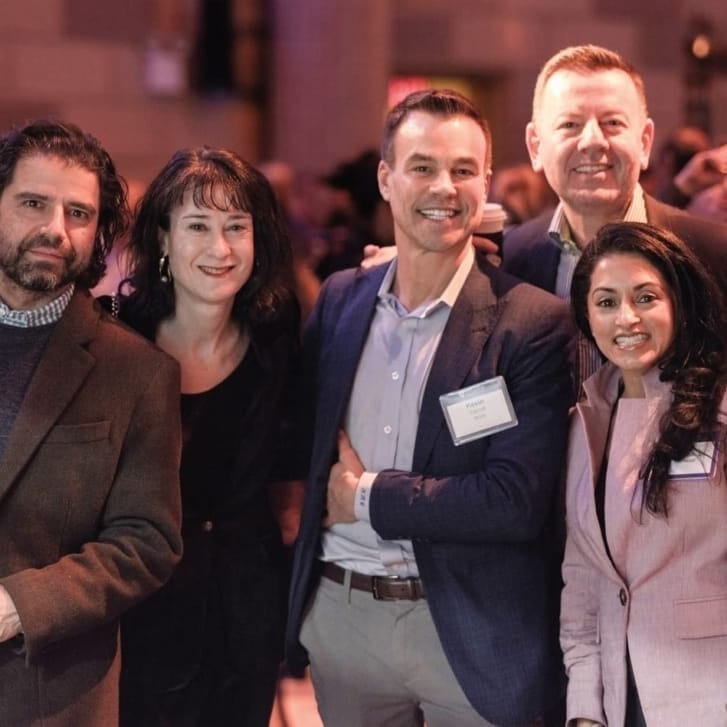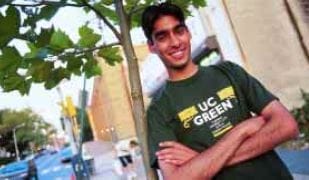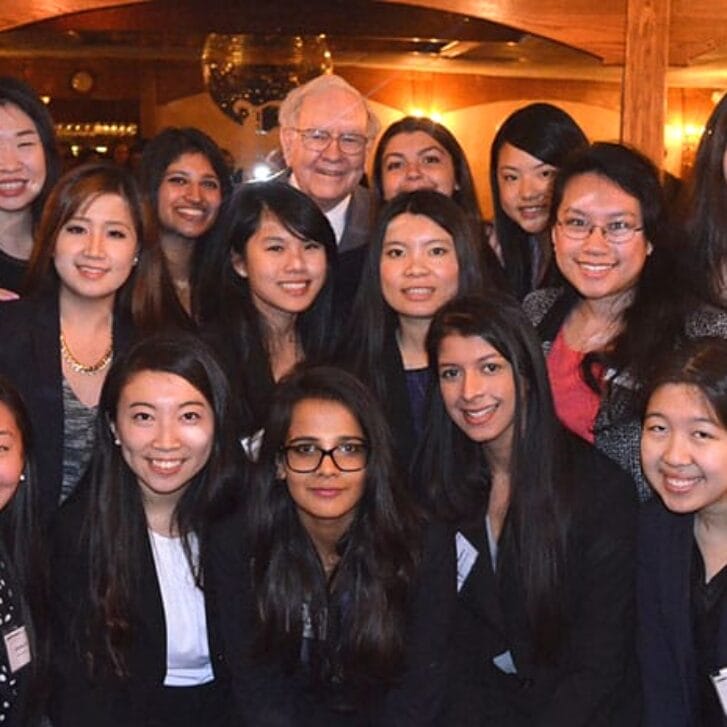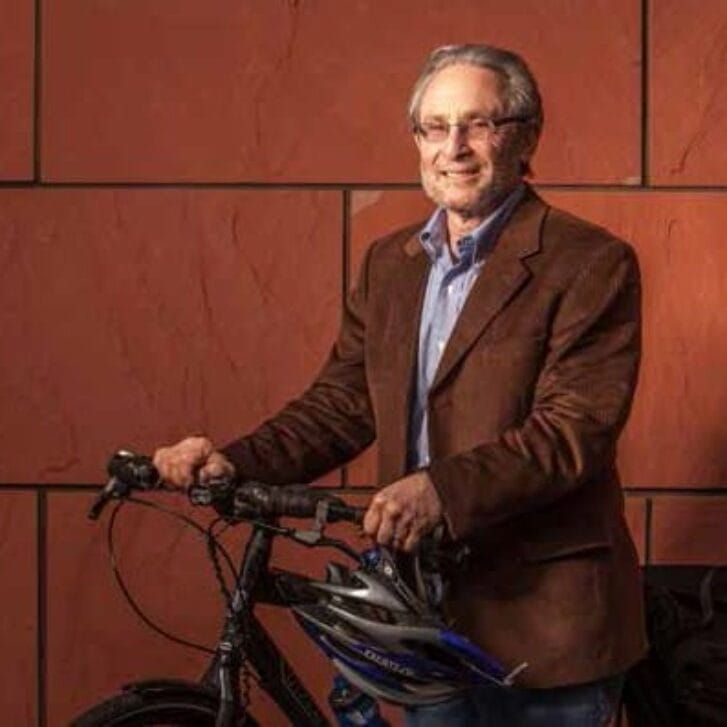Amin Venjara bristles when told he is a throwback – an anachronistic 1960s-type activist caught in a much more self-involved age.
“No, that’s just wrong. I see too many people here who are committed to causes and building communities to see any validity in that stereotype,” he says.
But even among the cause-committed, Venjara is an anomaly. Last summer, the Wharton sophomore from Congers, NY, a University and Joseph Wharton scholar who is enrolled in the highly competitive management and technology (M&T) program, spread his community activism from West Philadelphia to Selma, AL.
Venjara based himself out of Civic House on campus, where he helped coordinate the PennCorps program. PennCorps organizes seminars to help get students involved in service opportunities, primarily in the West Philadelphia area.
“We’re trying to create a collaborative to introduce students to the neighborhood in West Philadelphia and understand their relationship and responsibility to the community, because they are certainly part of that community,” says Venjara. “We have programs where we look into urban poverty, the urban environment, and urban health; and we run seminars on those topics in an effort to get students involved in service and understand the social issues behind each of those spheres.”
As a freshman last year, Venjara got particularly involved with University City Green, a nonprofit group that encourages sprucing up the University City area with trees, shoving cement aside for greenery – and a larger purpose, according to Venjara.
“We plant trees and do a lot of greening, but we do that in order to build community bonds among block members,” he says. “People don’t know each other very well, even though they might live next door. We get them out of the house and united. They plant trees and see that they did a concrete project together. Community members get to see the power of their unity.”
Last March, for instance, Venjara worked with UC Green and the blocks on Walnut Street between 43rd and 48th Streets to plant 101 sidewalk trees in one day. “It was a large number of community members and a large number from Penn,” he says. “I like to think we are all community members because it is our joint responsibility to take care of this place.” In November, the group planted 130 more on Chestnut Street (this time with the help of a Management 100 team), in memory of the victims of September 11.
Venjara also found time in his busy schedule to participate in an eight-day trip through the South last summer, to commemorate the Freedom Rides of the Civil Rights movement of the 1960s. Riding on a bus, much like the college kids of that era who went down mostly to register black voters, Venjara and his fellow riders went to Memphis to see where Martin Luther King, Jr.’s, last days were spent; to Selma, AL, where voting-rights activists were attacked by local police; to Montgomery, AL, where the local bus boycott pushed the movement to the front pages; and to Atlanta, to see King’s papers and boyhood home.
Venjara sees all of his efforts as being coordinated, from his enrollment in the M&T program to the community activism to his look at the recent past on the Freedom Ride.
“It’s like Management 100, the process of building a community,” he says. “You want to have a unified vision taking into account all of the stakeholders, and only then will they be able to be a part of the business or the community and maintain it in the best manner.”
Interestingly, Venjara says he actually did little community service work while in high school. “It just wasn’t on my mind then. I grew up in the suburbs of New York,” he says. “But it was an instinctual feeling, I think, when I walked onto the urban campus. There was another community out there, and I felt it necessary to be part of it.”
Venjara acknowledges that his studies are still his main focus and has a particular interest in corporate responsibility and decision making. One of his freshman-year professors, Martin Asher, sees no limit to Venjara’s success.
“He has an impressive degree of intellectual curiosity and is vitally interested in corporate citizenship,” says Asher, who noted that Venjara was his top student in an experimental course combining micro- and macroeconomics. “He is a Joseph Wharton scholar and is true to that description, with a wide variety of interests and capabilities,” he says. “He’s socially conscious and, best of all, a really nice guy, too.”


























